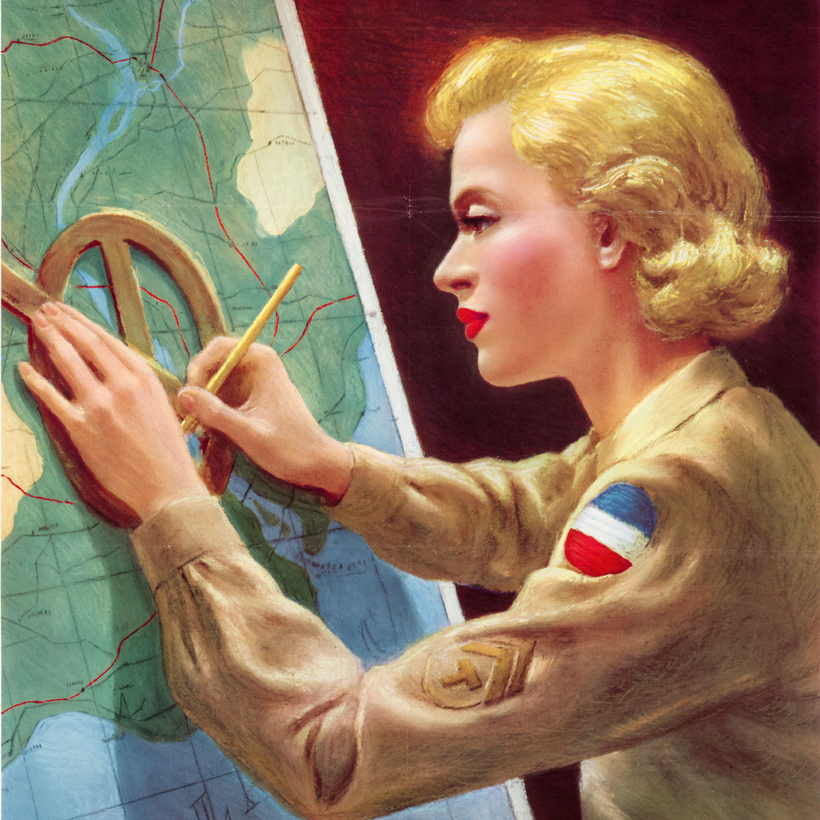It’s daunting to report a book about spies. The job of an intelligence officer, after all, is keeping secrets. As I embarked on the research for The Sisterhood, my seven-decade history of women at the Central Intelligence Agency, I wondered if even half a dozen women would come forward to share their stories.
I began posting discreet inquiries on e-mail chains and newsletters known in the intelligence community, the journalistic equivalent of placing a classified ad and crossing your fingers. To my delight, scores of women spies, both current and former, came forward. These were women who witnessed the Soviet quashing of the Hungarian Revolution in the 1950s, evacuated C.I.A. stations in Libya and Cambodia in the 1960s and 1970s, and served in Maiduguri, Tokyo, Moscow, and Geneva. Many had conducted crucial intelligence work despite the overt and unapologetic sexism that permeated the agency for decades. These women had a lot to say.


